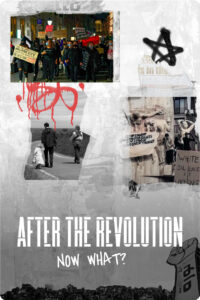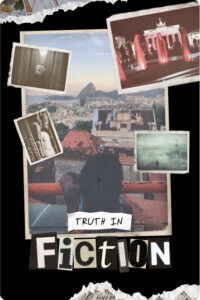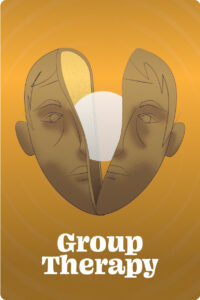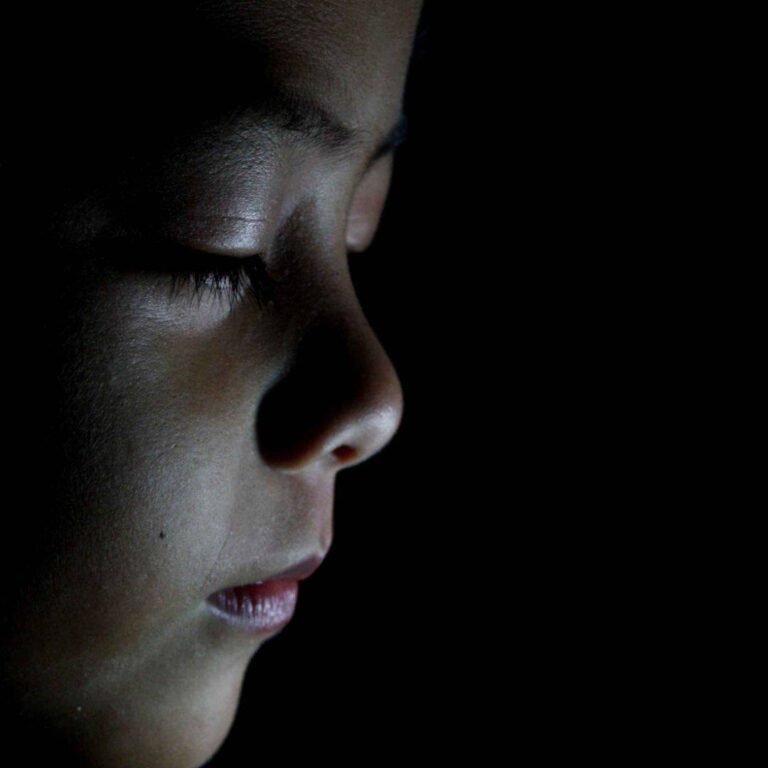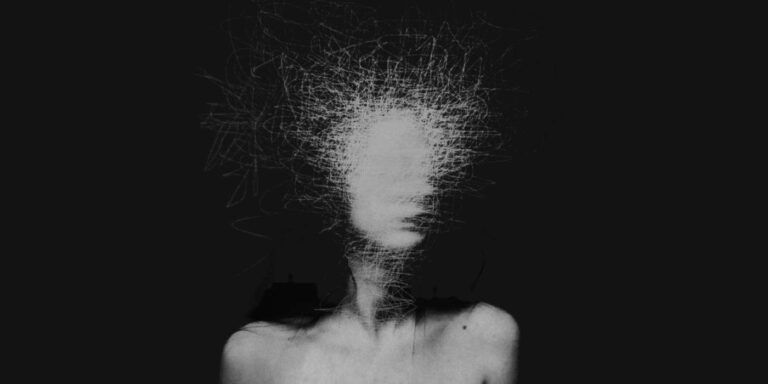Everything became clear shows how forgetting is traumatic in itself. I realized that in the Nagorno-Karabakh region, a highland territory disputed between Armenia and Azerbaijan ever since the dissolution of the Soviet Union. When I covered the war of 2020 there, I didn’t know yet that this conflict was about to awaken my own inner wars.
Mental health, I reckon, is a topic that is taboo, or at least invisibilized, because it is at the intersection of many social issues. You either have the impression of doing your therapy in public, or you keep everything—too much—to yourself. The very few spaces in which I can discuss mental health often don’t leave room for political issues, to give way to a kind of new religion that does not convince me either. Talking about anxiety and putting it in context is also a way to share an experience that made me grow as a person, and that will keep evolving in my body for the rest of my life.
As a journalist, to look at my own context when I talk about mental health issues, to acknowledge my own part of trauma, oblivion, negligence, enables me to improve the way I cover the situations that I witness. Talking about this conflict from this perspective is also a way to make it more accessible to other people, people who don’t feel concerned by the fate of this region.
As a result, politicians and journalists exploit the war between Armenia and Azerbaijan making it about religion, which is beside the point, more often than not in a way that is blatantly islamophobic.
As I’m writing these lines, people who live in Nagorno-Karabakh are still beleaguered by Azerbaijan and have been for more than a month, with no food, nor gas, in -20 degrees temperatures and with frequent internet shutdowns. These are the places where the war, that I describe in the podcast, took place in 2020. Those people currently live under the serious threat of an ethnic cleansing from Azerbaijan.
I am therefore dedicating this podcast to Saro and Anush from Shushi, who keep working online from a hotel in Stepanakert without knowing what tomorrow will bring.
Thank you to Arthur, to the projectionist and the manager, for letting me record the sound of the projector at the Filmmakers Union of Erevan. Thank you to Hanna Mauvieux for her insight; to Elise Boutié and Aphélandra Siassia for their advice in the context of Jouïr podcast’s creation lab; to Ryad Maouche for his trust; to Gilles Mardirossian and Célia Cansier for listening.
Works cited
Mettre la hache : slam western sur l’inceste, by Pattie O’Green
The Body Keeps The Score, by Dr Van der kolk
La culture de l’inceste, by Juliet Drouar and Iris Brey
Mémoire traumatique (Traumatic memory: Sexual abuse and psychological trauma), by Muriel Salmona
Le berceau des dominations, by Dorothée Dussy
Excerpts
Report about the Armenian revolution, France culture, 2018
Camille’s song “Ta douleur” (hummed)
Les chatouilles (Little Tickles), after Andréa Bescond’s stage play
Adèle Haenel, interviewed by Mediapart
Help us tell the world to you !
Frictions is launching its club : by supporting Frictions, you’ll be supporting a community of authors and journalists who tell the world through intimate stories!


